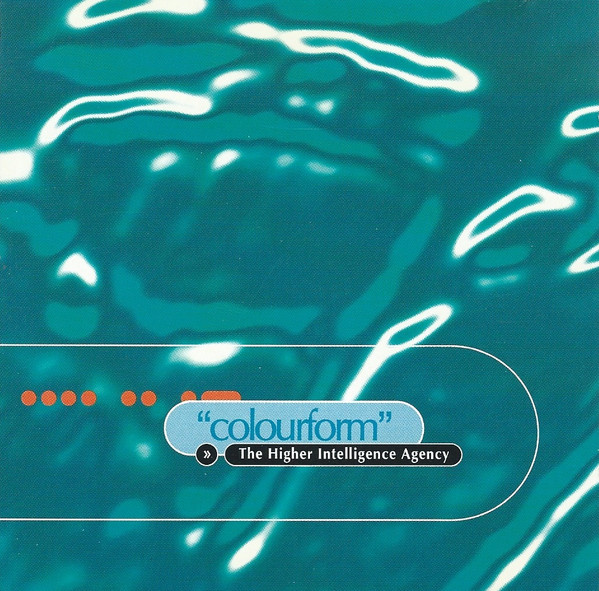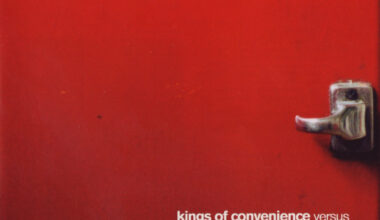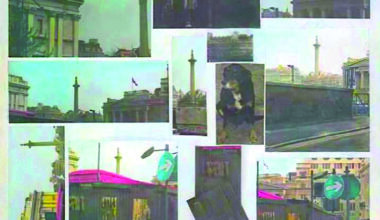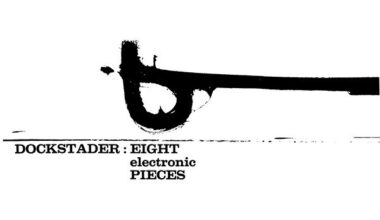
Chris was the older brother of my high school best friend. He had the hippest taste in music, but he was also really intimidating. One Saturday while visiting my friend, I could hear some ambient, dubby instrumental electronic music coming from Chris’ bedroom. It was all creeping, reverb-heavy synth lines and clattering, echoing slow-motion rhythms. It sounded so interesting that I felt emboldened to knock on his door. “What’s this, Chris?” I asked, when he opened it. “‘Colourform’,” he responded, and slammed the door in my face.
It took a while to track down, in a pre-Google world, mostly because I hadn’t dared ask if that was the name of the artist or the album. Walking back from my local record shop with a copy of Birmingham duo Higher Intelligence Agency’s debut long-player on CD a few weeks later, I didn’t feel much more enlightened.
Information on the sleeve was scarce and the presentation was minimal. It felt totally underground, and I didn’t even find out that it was the solo project of Bobby Bird until many years later. Bird wrote and produced ‘Colourform’ in his bedroom studio. Higher Intelligence Agency were featured on Warp’s 1994 ‘Artificial Intelligence II’ compilation, and Bird went on to collaborate with the likes of Biosphere’s Geir Jenssen.
The cover image of ‘Colourform’ looked like liquid. To echo that, the opening tracks, ‘Delta’ and ‘Speedlearn (Empathymix)’, have these amazing, fluid analogue synth arpeggios that seem to flow like water, and are structured to interact seamlessly with crisp beats, hinting at an innate knowledge of dance music’s innermost workings. The interplay here between the more ambient passages and the relatively robust rhythms still sounds fresh to me.
My pulse always quickens at the many-layered, slowly developing first four minutes of my favourite track, ‘Re-echo’. There’s something about the way that its unswerving, unfiltered 303 bassline dominates the track before the rhythm kicks in, suggesting a thrilling latent energy.
I’m still no closer to knowing what ‘Colourform’ is all about, and in a way I’m glad that’s the case. It means the album continues to retain its mystique 30 years later. To this day, I listen to it, imagining that its tracks are concerned with some sort of transcendental psychedelic philosophy that only those with an unlocked consciousness will ever completely understand. Me, I’m just happy to float away through time and space on its enveloping and languid liquid textures.





